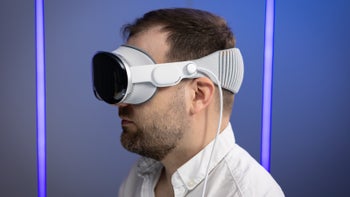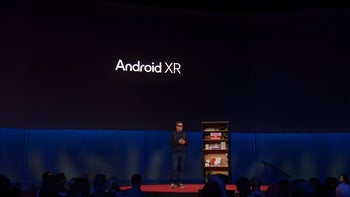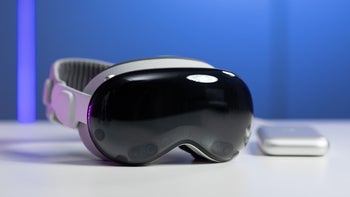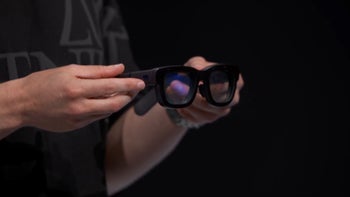Mixed reality warfare: Meta embracing competition with Apple in headset race

The cover image shows the latest Meta Quest 3
As reported by The Wall Street Journal, Meta is banking on Apple's launch of the Vision Pro to breathe new life into its $50 billion metaverse initiative, which, so far, hasn't seen widespread adoption among consumers.
According to the insiders, employees at Meta view the Quest (Meta’s VR headset) and its software ecosystem as a key contender to Apple in the mixed reality space. They see it as potentially filling the role that Google's Android plays in the smartphone market.
Apparently, the release of Apple's headset, regardless of its success, has had a notable impact on Meta's strategy. Meta is shifting its focus towards mixed reality, where users can see virtual images overlaid on their real-world surroundings. Previously, the company placed more emphasis on the metaverse, a concept envisioning people working and playing in virtual reality.
Meta launched the most recent iteration of its headset, Quest 3, in October, and it's estimated that the company shipped between 2 million to 2.7 million devices in the fourth quarter, as per IDC's estimate. This marks a substantial increase from the 160,000 Quest 2 units that Meta shipped in the fourth quarter of 2022.
Cathy Craig, CEO of Incisiv, a VR game developer, shared that she was informed by a Meta employee at a recent event that Apple's entry into the market is perceived as positive because it is expected to generate more interest in headset devices. She mentioned:
What Meta thinks is people will buy their headset because it’s cheaper.
Priced at $500, the Quest 3 comes with a significantly more affordable tag compared to Apple's Vision Pro, which carries a price tag of $3,500.
In 2021, the social media company made a significant bet on the technology, even changing its name to signify a broader vision centered around immersive virtual worlds.
Fast forward three years and Meta's Reality Labs division contributes less than 1% to its overall revenue. The company has faced challenges in broadening the appeal of its Quest devices beyond a niche market. According to FBB Capital Partners, Reality Labs is projected to incur losses of $115 billion between now and 2030.
As per the sources, for years, Mark Zuckerberg and Chief Technology Officer Andrew "Boz" Bosworth have expressed the belief that having at least one formidable competitor could greatly benefit the market. However, only time will reveal whether this scenario unfolds, so stay tuned for updates.
Fast forward three years and Meta's Reality Labs division contributes less than 1% to its overall revenue. The company has faced challenges in broadening the appeal of its Quest devices beyond a niche market. According to FBB Capital Partners, Reality Labs is projected to incur losses of $115 billion between now and 2030.
As per the sources, for years, Mark Zuckerberg and Chief Technology Officer Andrew "Boz" Bosworth have expressed the belief that having at least one formidable competitor could greatly benefit the market. However, only time will reveal whether this scenario unfolds, so stay tuned for updates.







Things that are NOT allowed: